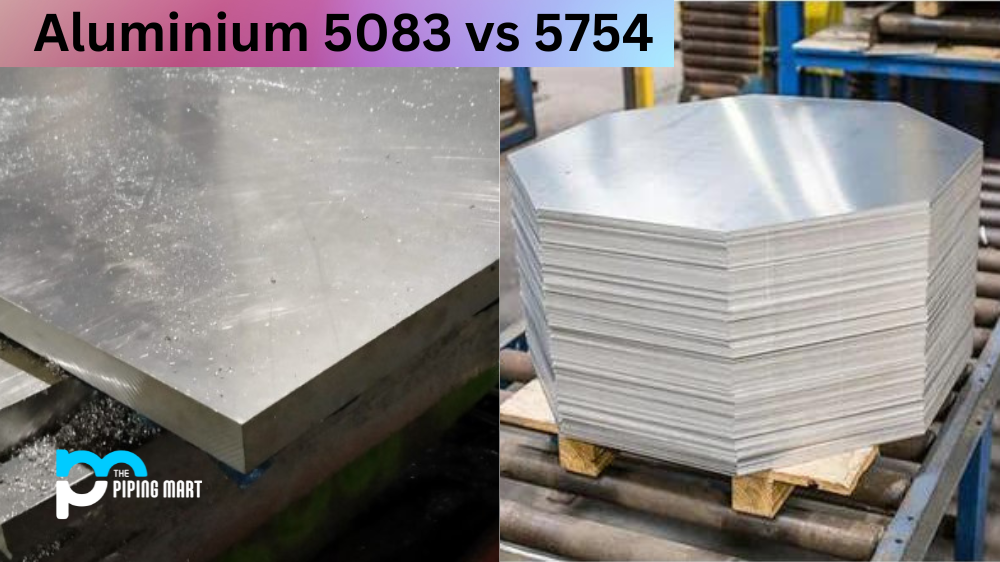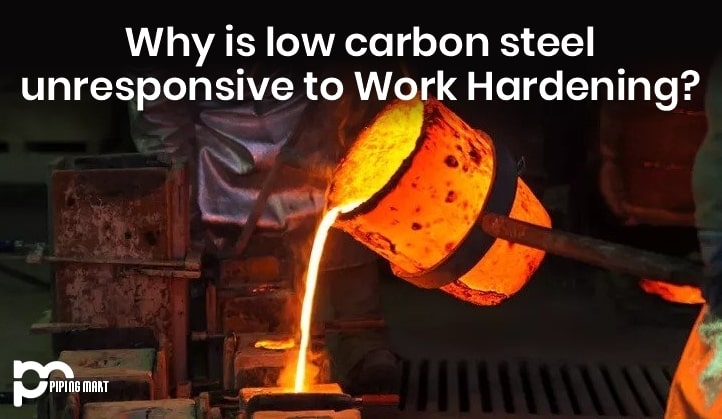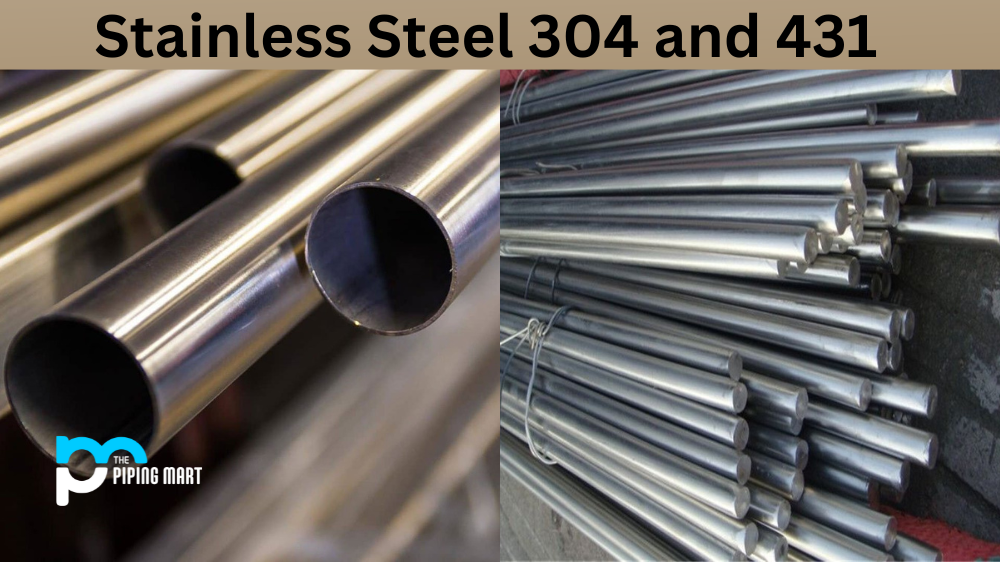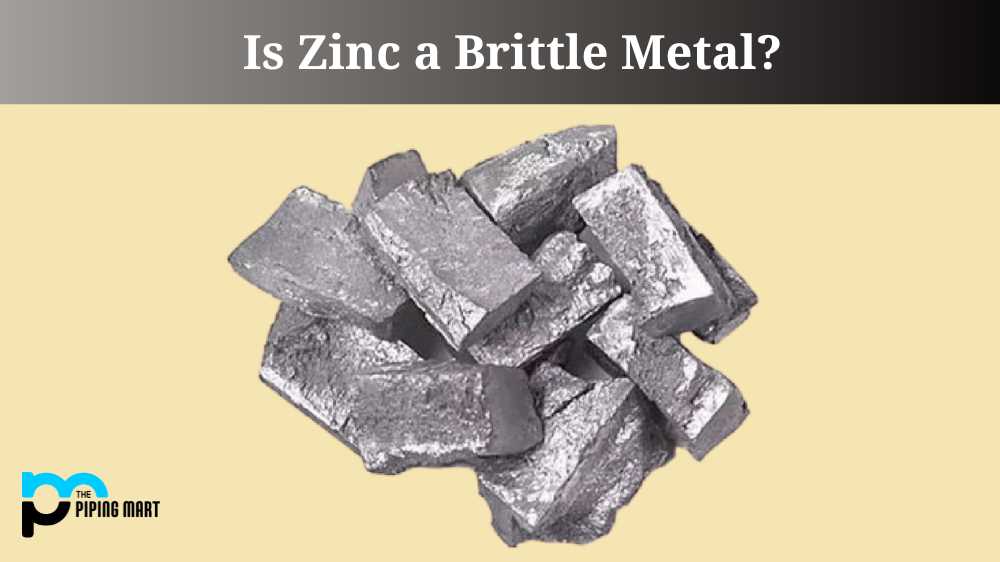If you’re looking for a metal that is strong, rust-resistant, and lightweight all at the same time, aluminium is an excellent choice. Out of all the different types of aluminum available on the market, two of the most popular are aluminum 5083 and Aluminium 5754. But what makes these two metals different from each other? Let’s take a closer look at aluminum 5083 vs 5754.
Aluminium 5083
aluminum 5083 is a high-strength alloy that is commonly used in the automotive and aerospace industries. The alloy has excellent weldability and corrosion resistance, and is able to be heat treated to achieve a range of strength levels.
Aluminum 5754
Aluminium 5754 is another high-strength alloy that is commonly used in the automotive and aerospace industries. The alloy has good weldability and corrosion resistance, and can be heat treated to achieve a range of strength levels.
Difference Between Aluminium 5083 and 5754
Strength & Durability
aluminum 5083 is renowned for its high tensile strength and superior durability, making it an ideal choice for fabricators who need to build structures that can withstand extreme temperatures or pressures. It also has good weldability and corrosion resistance properties. This makes it an excellent choice for applications such as construction equipment or structural components in ships and boats.
On the other hand, Aluminium 5754 has slightly lower tensile strength than aluminum 5083 but exhibits higher fatigue strength than many other alloys due to its superior stress corrosion cracking resistance properties. It is also highly resistant to both hot and cold formability as well as corrosion fatigue cracking, so it is often used for sheet metal fabrication applications such as tank bodies or heat exchanger shells.
Chemical Composition
Aluminium 5083 consists of magnesium (4-4.9%), silicon (0.4-0.5%) and iron (0.35%). It also contains manganese (0.2-1%), chromium (max 0.1%) and zinc (max 0.25%). On the other hand, aluminum 5754 contains magnesium (3-4%), silicon (max 0.4%) and iron (max 0.7%). It also contains manganese (max 1%), chromium (max 0.2%) and copper (max 0.5%). As you can see, both metals have similar chemical compositions but with slight differences in terms of their alloying elements, which gives them their unique properties mentioned earlier on in this article.
Composition
One of the main differences between Aluminium 5083 and 5754 is their composition. aluminum 5083 contains magnesium, manganese, and silicon, while aluminum 5754 contains magnesium and silicon. This difference in composition gives each alloy different properties.
Strength
One of the consequences of the different compositions of Aluminium 5083 and 5754 is that they have different strength levels. Aluminium 5083 is stronger than 5754, making it more suitable for applications where high strength is required. However, 5754 is still a strong alloy and may be more suitable for certain applications where weldability or corrosion resistance is more important than strength.
Weldability
Another consequence of the different compositions of Aluminium 5083 and 5754 is that they have different weldability levels. Aluminium 5083 has excellent weldability, while 5754 has good weldability. This means that 5083 can be easier to work with when welding is required.
Corrosion Resistance
The final consequence of the different compositions of Aluminium 5083 and 5754 is that they have different corrosion resistance levels. Aluminium 5083 has excellent corrosion resistance, while 5754 has good corrosion resistance. This means that 5083 will better withstand exposure to corrosive environments than 5754.
Conclusion:
Both Aluminium 5083 and 5754 are excellent choices when it comes to selecting a metal that is strong yet lightweight at the same time due to their superior strength-to-weight ratios compared to steel or titanium alloys. Their corrosion resistance properties make them ideal for outdoor applications, while their durable nature makes them suitable for long-term use in tough industrial environments too! Ultimately, which one you select depends on the specific application requirements – if you need high tensile strength, then opt for Aluminium 5083, whereas if you need superior stress corrosion cracking resistance, then choose Al5075 instead! Ultimately, whichever one you choose will be sure to provide your project with excellent performance benefits!
Sakshee is a talented blogger, with a particular focus on the Business and Metal Industry. She is passionate about sharing her insights on various metal products and helping professionals to make a better decisions.




